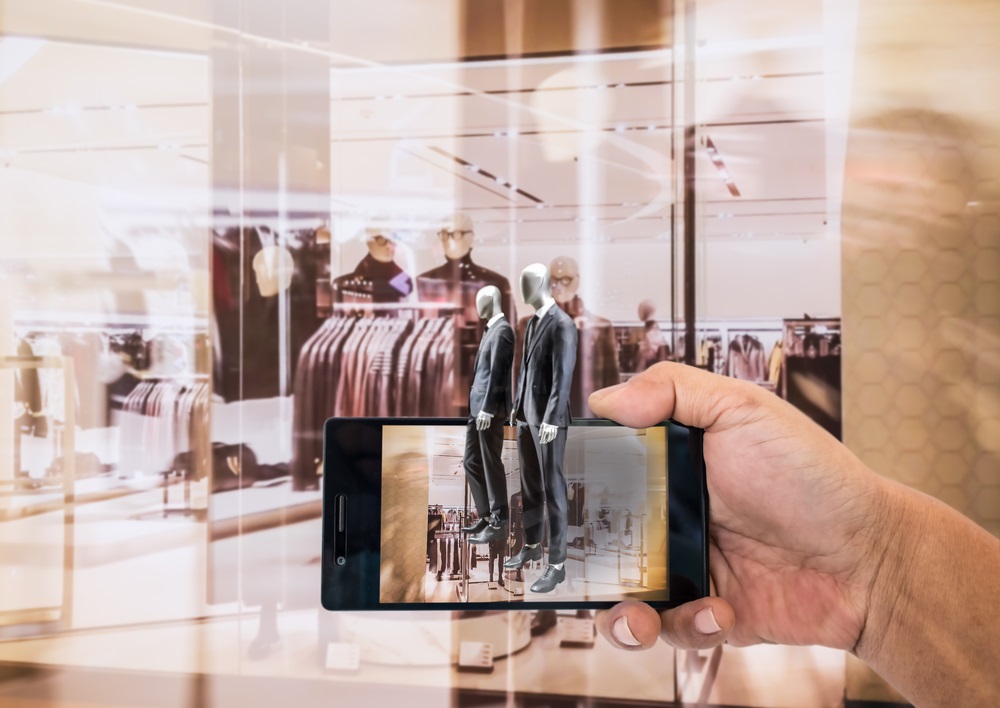The Future Retail Experience

2018 saw some big names leave the high-street, putting pressure on existing brands to quite bluntly, adapt or die.
The good news is, there are plenty of opportunities to develop current strategies with new marketing trends, technologies and techniques released almost weekly. There is a constant stream of new tools available to improve, change and advance marketing approaches to ensure brands are appealing to, and engaging with their consumer base.
The resounding trend for 2019 and beyond is the experience, consumers are increasingly prioritising experience over price, convenience and products. The latter factors are still important, but the in-store experience is taking the lead.
Consumers are looking for memorable interactions and technology is a key driver in solving this. It is no secret online shopping is growing and showing no sign of slowing. Social media shopping is now also developing; allowing consumers to buy a product seen in a post without leaving the platform – giving retailers’ websites competition! To keep physical stores alive, retailers need to link online and offline and make the experience as personalised, easy, convenient and smooth as possible.
When shopping online, previous purchases, search history and browsing data are used to display and suggest relevant products that are of genuine interest to the customer – something they have previously viewed, the same style, the right size or a different product from the collection. However, in-store, this level of personalisation isn’t possible without a conversation, learning more about the customer and then finding relevant products and sizes… until now. Online data is coming to the high street, giving store assistants the same knowledge the internet holds. Facial recognition technology, Beacons and Bluetooth products are allowing stores to understand who is coming through the door, their previous purchases, age, gender, and plenty more! This will allow brands to push personalised promotional pop-ups, relevant store guidance, and equip in-store staff with invaluable knowledge to deliver a personalised service, transforming the experience.
Facial recognition is also being used across shopping centres to get an accurate understanding of footfall including age, gender, ethnicity, and certain times or areas of the mall which are more popular with different demographics. This information will allow marketing teams to tailor events and work with stores to ensure campaigns have maximum impact.
Consumer expectations are rising and they are being more conscious of their time. They don’t want to search for an item or ask for product information, they don’t want to queue to make a purchase or even get changed to try things on! Technology is making the population impatient and restless, always looking for a quicker way to do things. Fortunately for the retail sector, products are being developed to advance the retail journey and resolve consumers demands:
- Mobile payment (mPos) is eliminating queues, with iPads allowing purchases to take place anywhere in store.
- Finding items and gaining information can be done using QR/barcodes. No longer do customers need to search for a shop assistant and wait for the stock room to be checked.
- Virtual/smart mirrors are allowing consumers to ‘try on clothes’ without getting undressed and immediately send pictures to friends for a second opinion.
All the new technologies being released take a great deal of research and preparation before implementing successfully. Brands need to ensure they have a strong awareness of the opportunities available so they can tactfully select the right platform that will resonate with their target market, improve the experience and most importantly, build loyalty with existing customers, attract new, and increase sales!